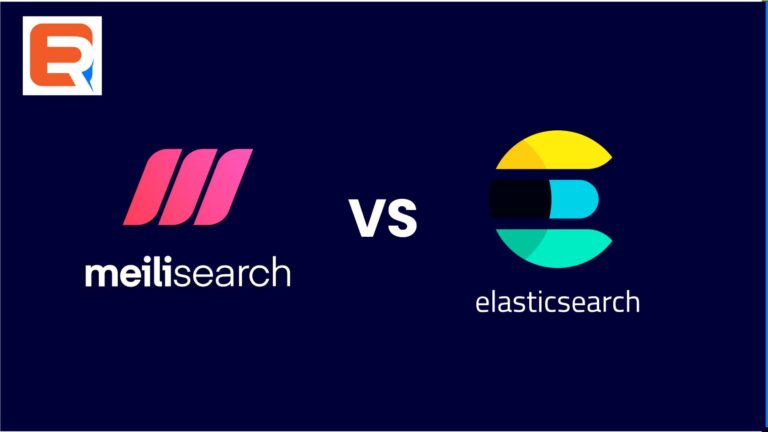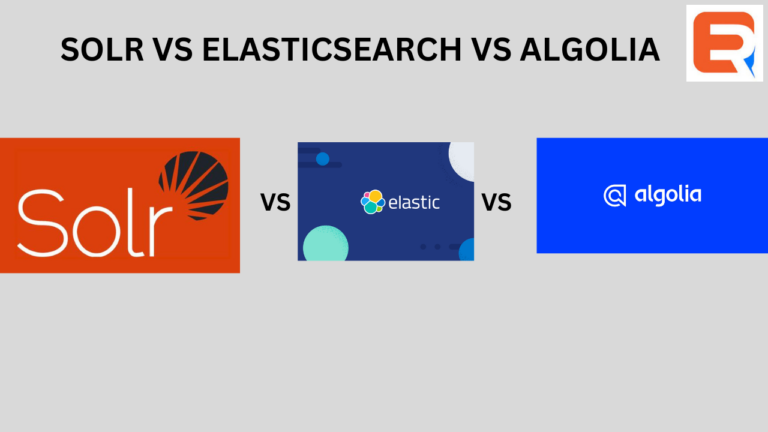When it comes to search engines, MeiliSearch and Elasticsearch are two popular options that offer powerful indexing and search capabilities. Both platforms excel in different areas, catering to diverse use cases. In this article, we’ll explore the similarities and differences between MeiliSearch and Elasticsearch, helping you understand which one might be the right choice for your specific needs.
Overview:
MeiliSearch is an open-source, lightweight search engine that focuses on providing instant and relevant search results. It is known for its simplicity, speed, and ease of use, making it an ideal choice for small to medium-sized applications. On the other hand, Elasticsearch is a highly scalable and distributed search and analytics engine built on top of the Lucene library. It is designed for large-scale applications and offers advanced features like distributed search, data replication, and real-time analytics.
Performance and Speed:
MeiliSearch prioritizes speed and responsiveness, providing near-instant search results even with large datasets. Its search algorithm is optimized for fast indexing and retrieval, making it ideal for applications where real-time search is crucial. Elasticsearch, being a distributed system, is also highly performant and can handle massive volumes of data efficiently. It offers horizontal scalability and can distribute data across multiple nodes for faster search and retrieval.
Ease of Use:
One of the standout features of MeiliSearch is its simplicity and ease of use. It comes with a user-friendly API and a ready-to-use web interface that makes integration and setup a breeze. MeiliSearch offers straightforward configuration options and requires minimal effort to get up and running. In contrast, Elasticsearch has a steeper learning curve due to its comprehensive feature set. It offers extensive configuration options, which can be overwhelming for beginners. However, Elasticsearch’s rich documentation and active community support can help users navigate the learning process effectively.
Scalability and Distributed Architecture:
Elasticsearch’s distributed nature allows it to scale horizontally by distributing data and operations across multiple nodes. It supports sharding, replication, and automatic rebalancing, making it suitable for handling large-scale applications and high traffic loads. MeiliSearch, while not designed for massive scalability out of the box, can still handle considerable amounts of data efficiently. However, it lacks the advanced distributed capabilities of Elasticsearch.
Search Features:
Both MeiliSearch and Elasticsearch offer a wide range of search features. MeiliSearch provides full-text search, filtering, sorting, and faceting capabilities, making it a robust search engine. It also supports typo tolerance, synonyms, and highlights in search results. Elasticsearch, with its extensive querying capabilities, provides powerful full-text search, relevance scoring, fuzzy search, and complex aggregations. It also supports advanced features like geospatial search, machine learning-based relevance tuning, and search across multiple indices.
Community and Ecosystem:
Elasticsearch has been around for a longer time and has a larger community and ecosystem. It offers a vast array of plugins, integrations, and tooling support, making it highly extensible. MeiliSearch, being a relatively newer project, has a smaller but growing community. However, it benefits from being open source, allowing developers to contribute and expand its ecosystem.
Conclusion:
Choosing between MeiliSearch and Elasticsearch depends on your specific requirements and project scale. If you prioritize simplicity, ease of use, and real-time search for smaller applications, MeiliSearch is an excellent choice. On the other hand, if you require extensive scalability, distributed capabilities, and a rich set of search features for large-scale projects, Elasticsearch is the more suitable option. Both search engines have their strengths and can deliver exceptional performance in their respective domains.




